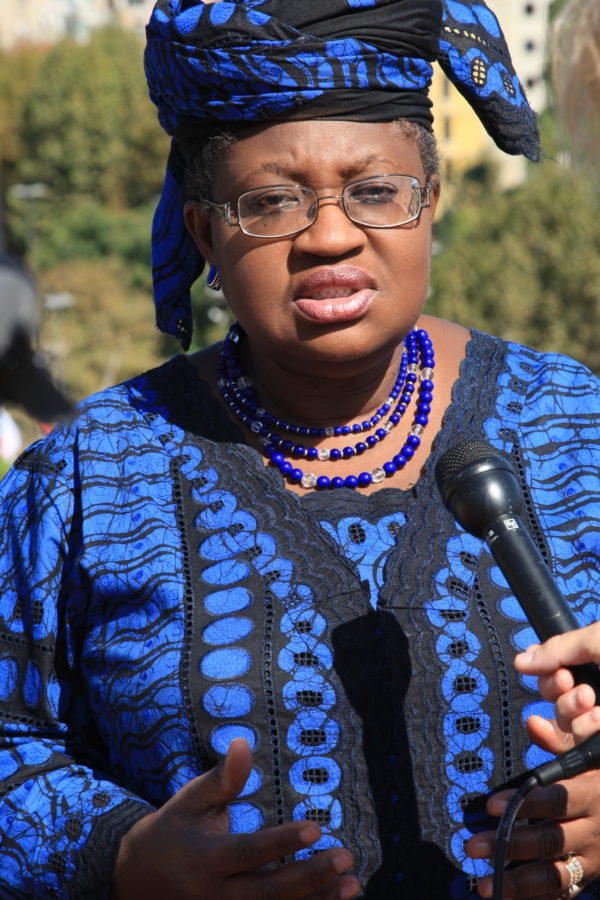
Last week, international media was abuzz with the news of Dr. Ngozi Okonjo-Iweala becoming a Twitter board member. Twitter co-founding Jack Dorsey made this known in a tweet indicating that Okonjo-Iweala was one of two new additions to the company’s elite governing body.
— jack (@jack) July 19, 2018
This might be the biggest African literary twitter news since Teju Cole and Binyavanga Wainaina’s inclusion in the Foreign Policy Magazine‘s “Twitterati 100” alongside the Pope and Bill Clinton.
Given the rising influence of Africans on Twitter and the fact that Twitter has always had a problem with a non-diverse Board, many see Okonjo-Iweala’s appointment as a big step in the right direction.
Beyond the issue of diversity, Okonjo-Iweala is also coming into this position as someone who knows a lot about global conversations around issues like finance, governance, and development strategy.
As for Okonjo-Iweala, she sees her involvement as part of Twitter’s broader mandate “to drive critical conversations around today’s most important issues,” reports CNN.
Even though Okonjo-Iweala is better known for her work as the former Managing Director of World Bank and former finance minister of Nigeria, she has an accomplished career as a writer. Her latest book titled Reforming The Unreformable was published by MIT Press in 2012. In 2003, she co-authored Chinua Achebe: Teacher of Light, a biography of the renown Nigerian novelist published by Africa World Press. She is also invested in the literary community through her son Uzodinma Iweala of Beast of No Nation fame and whose recent novel Speak No Evil is currently making waves in the global literary circuit.
Writing is clearly a significant part of her work as a public intellectual as much as the literary world is part of her larger intellectual ecosystem. Her appointment is a win for African literature and the global literary establishment more broadly. There is so much to celebrate about the fact that an African writer is now at the higher echelon of one of the world’s most influential social media powerhouses.
*******
Post image by Simone D. McCourtie / World Bank via Flickr








COMMENTS -
Reader Interactions